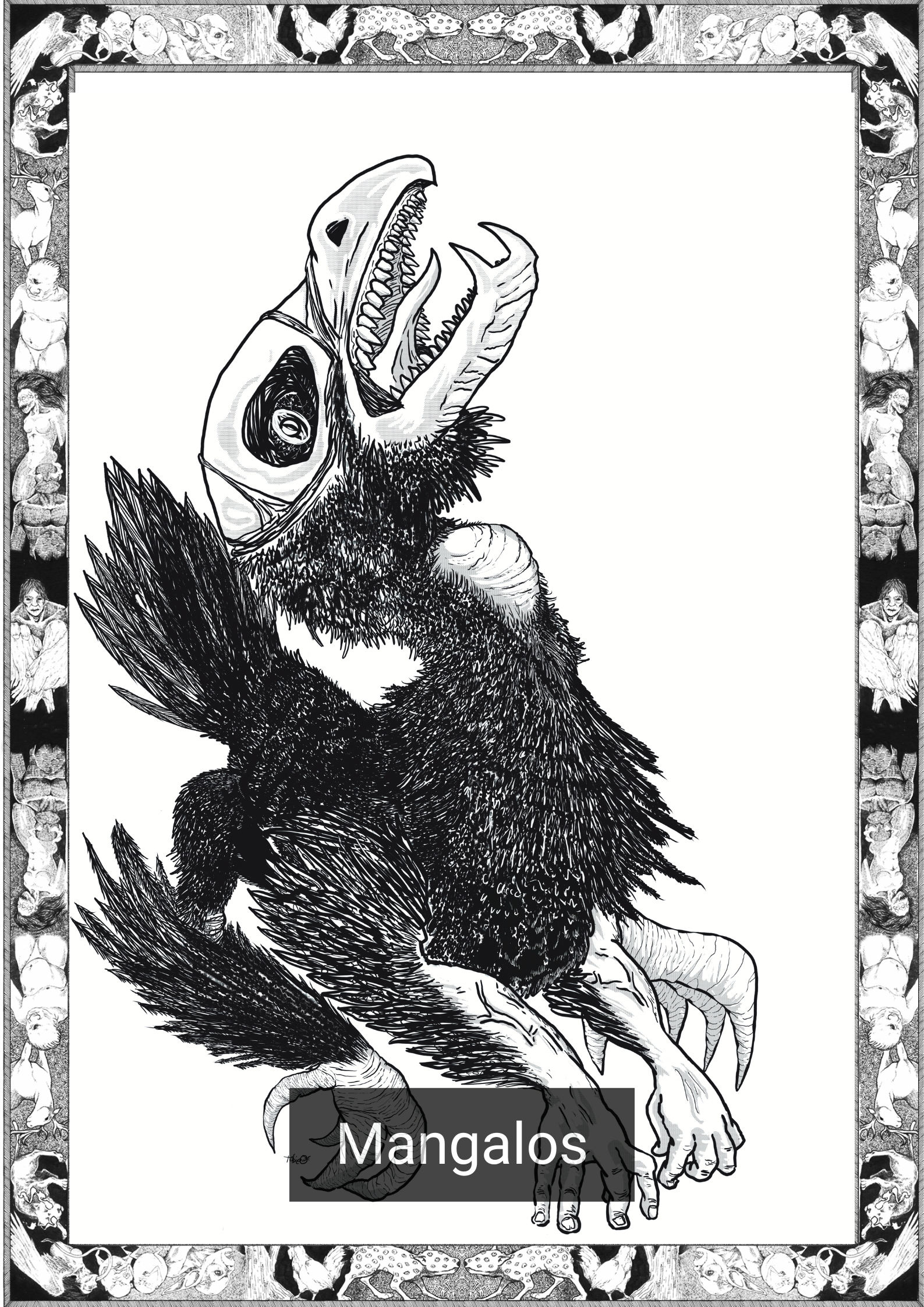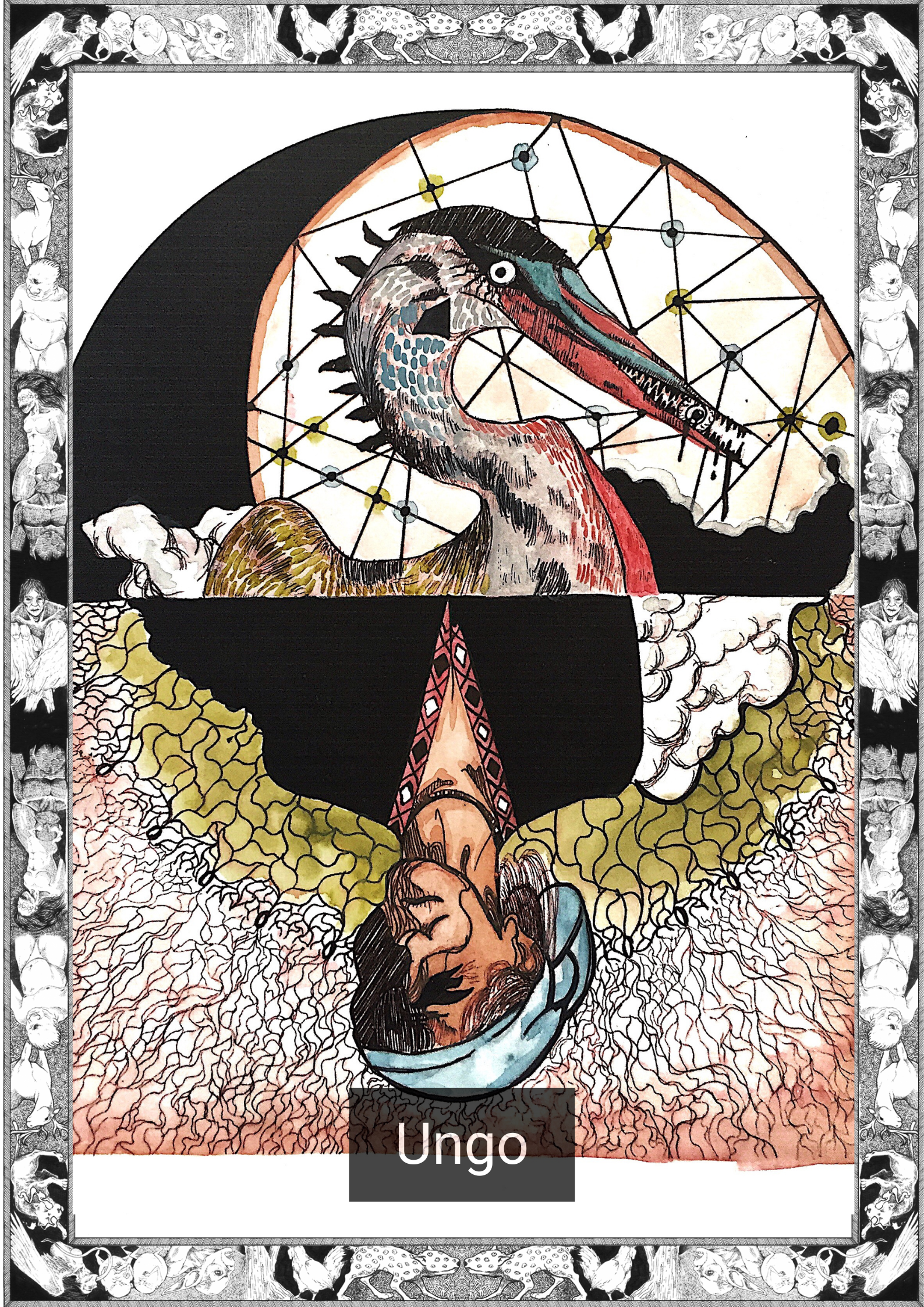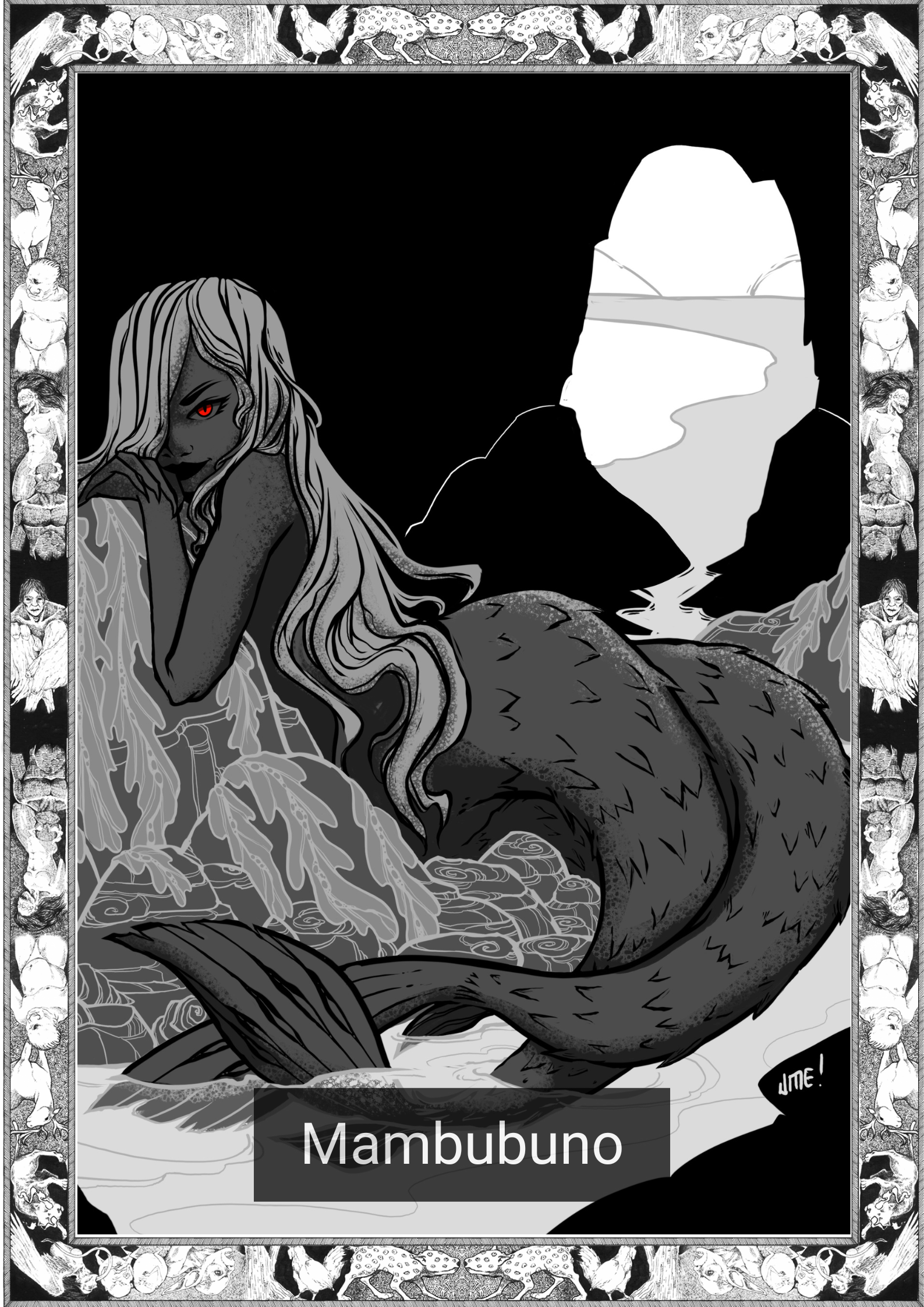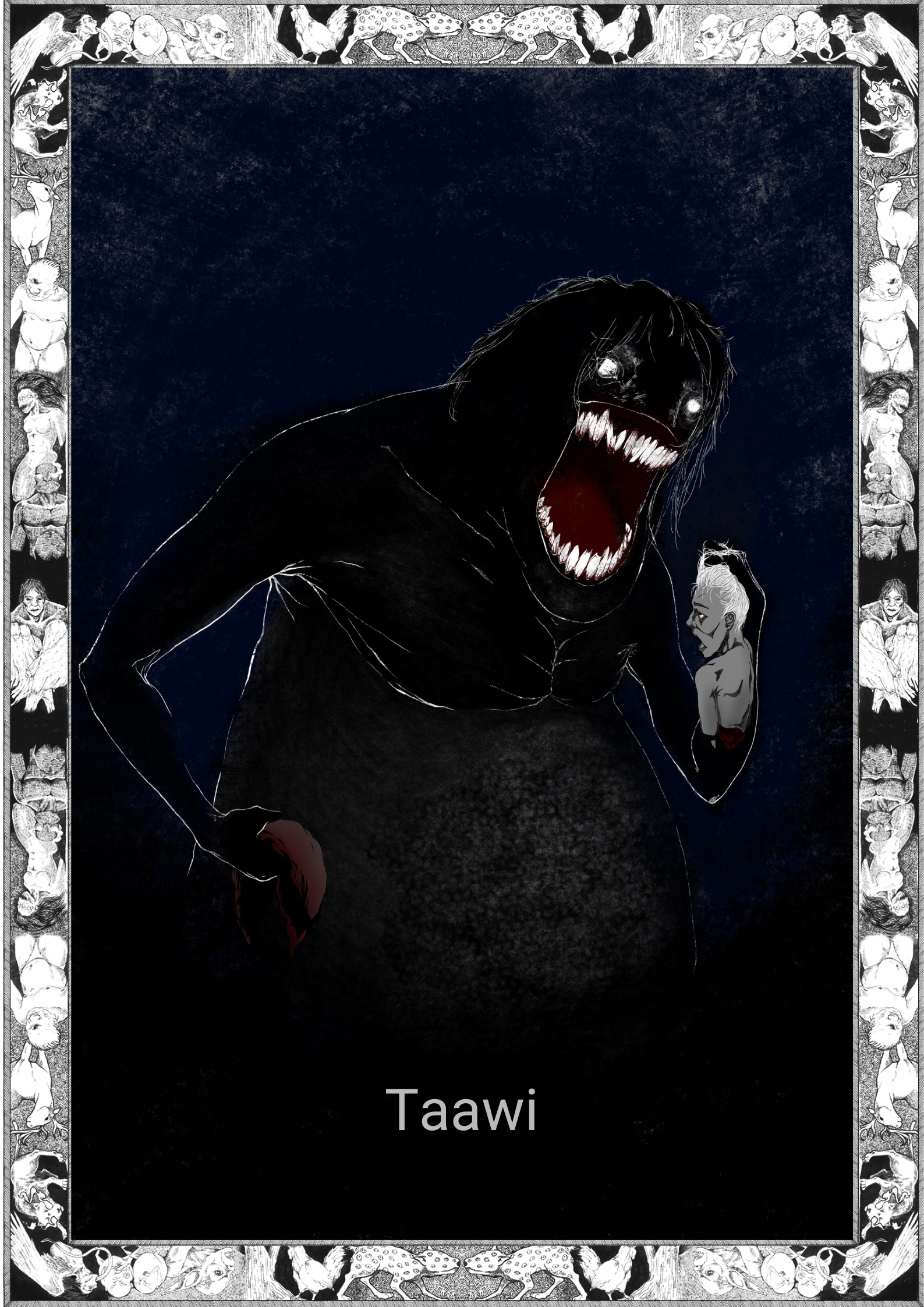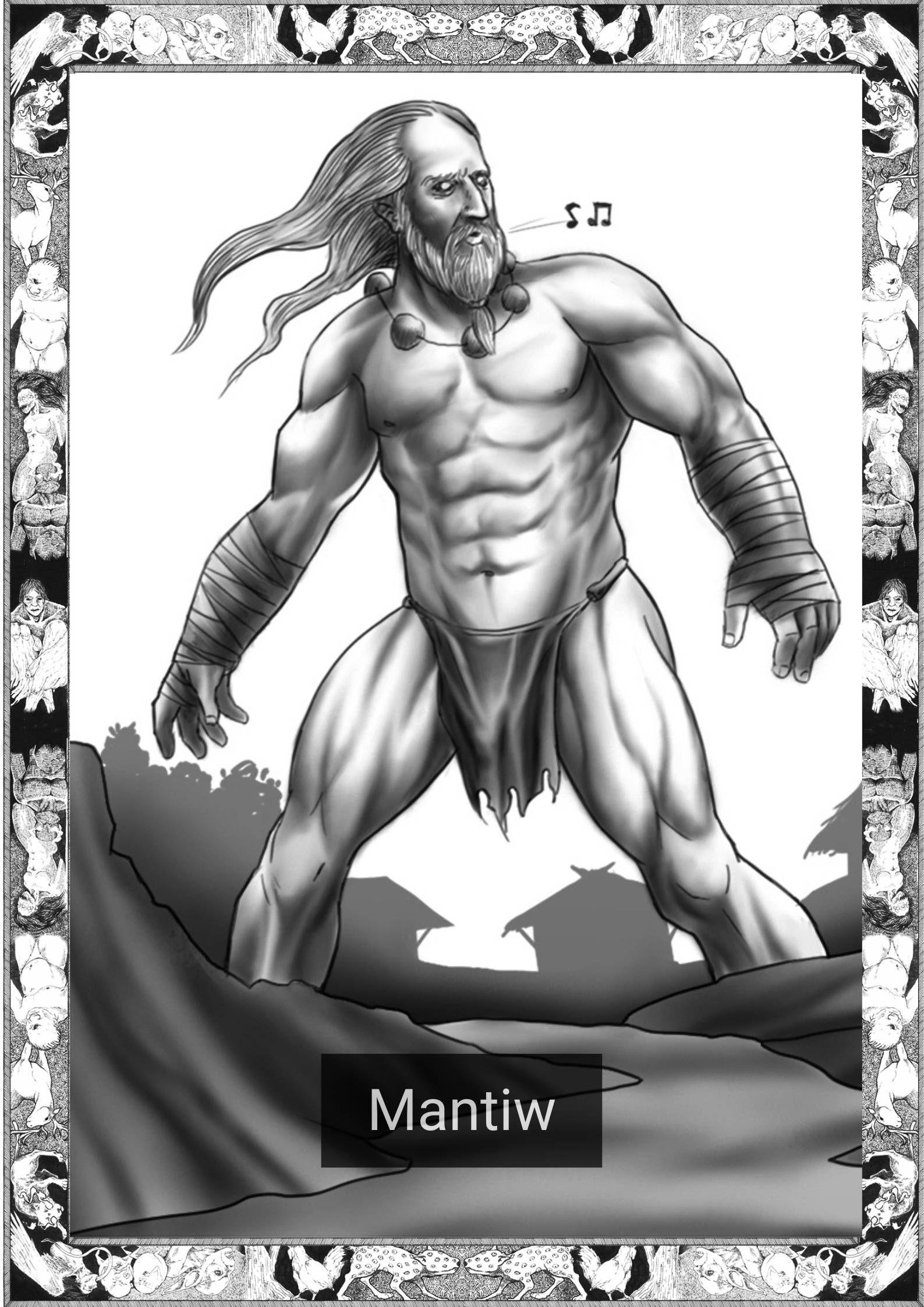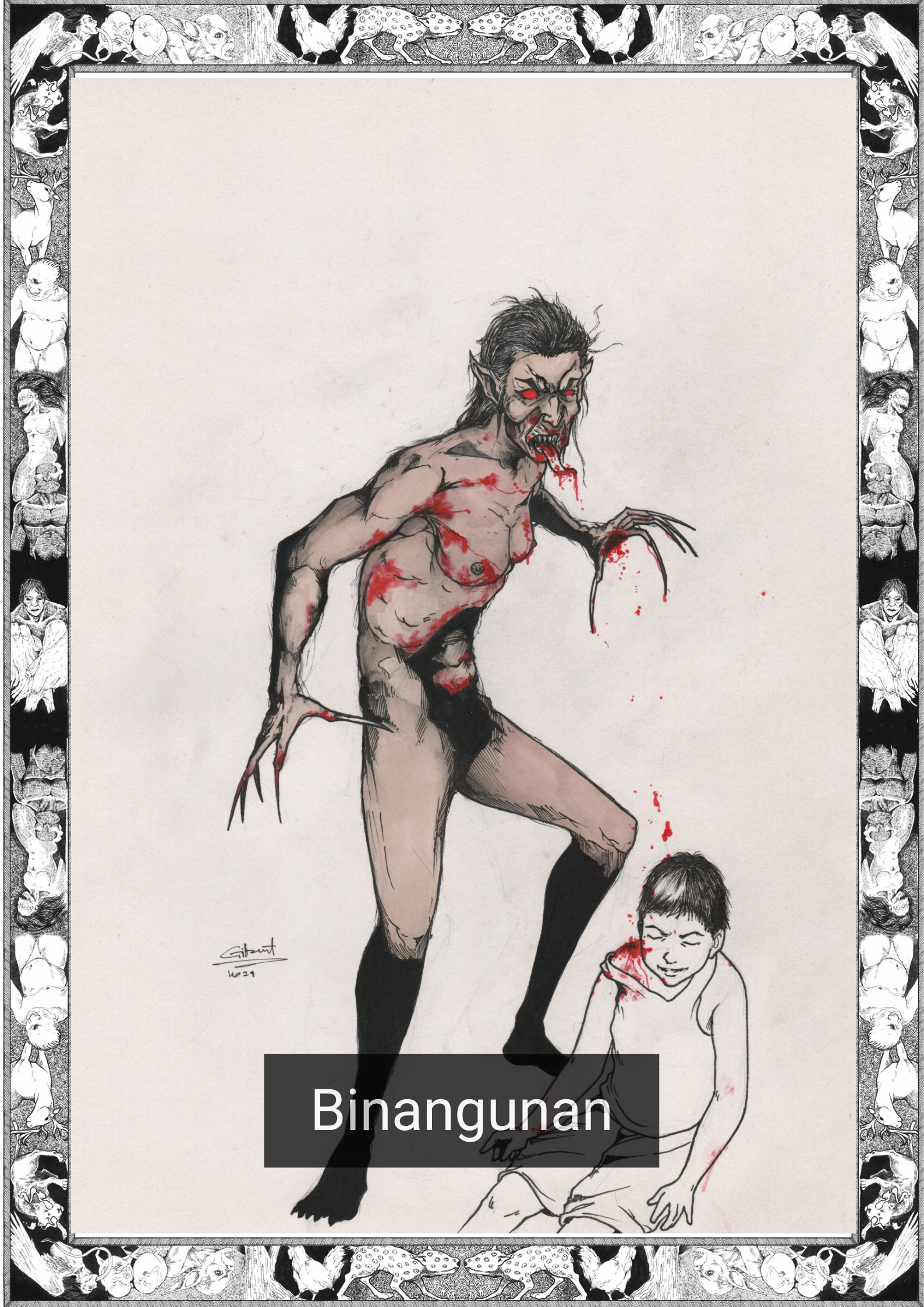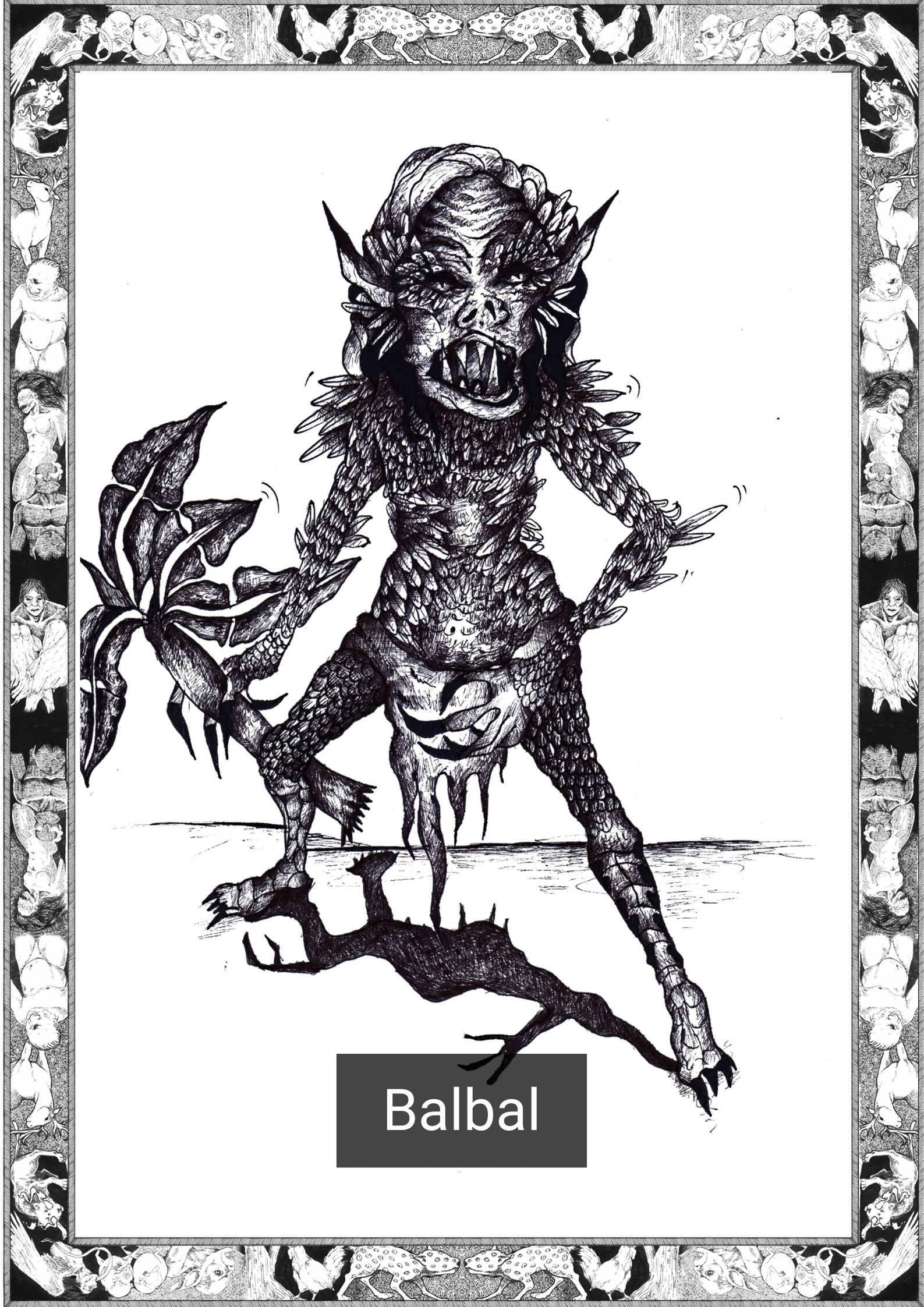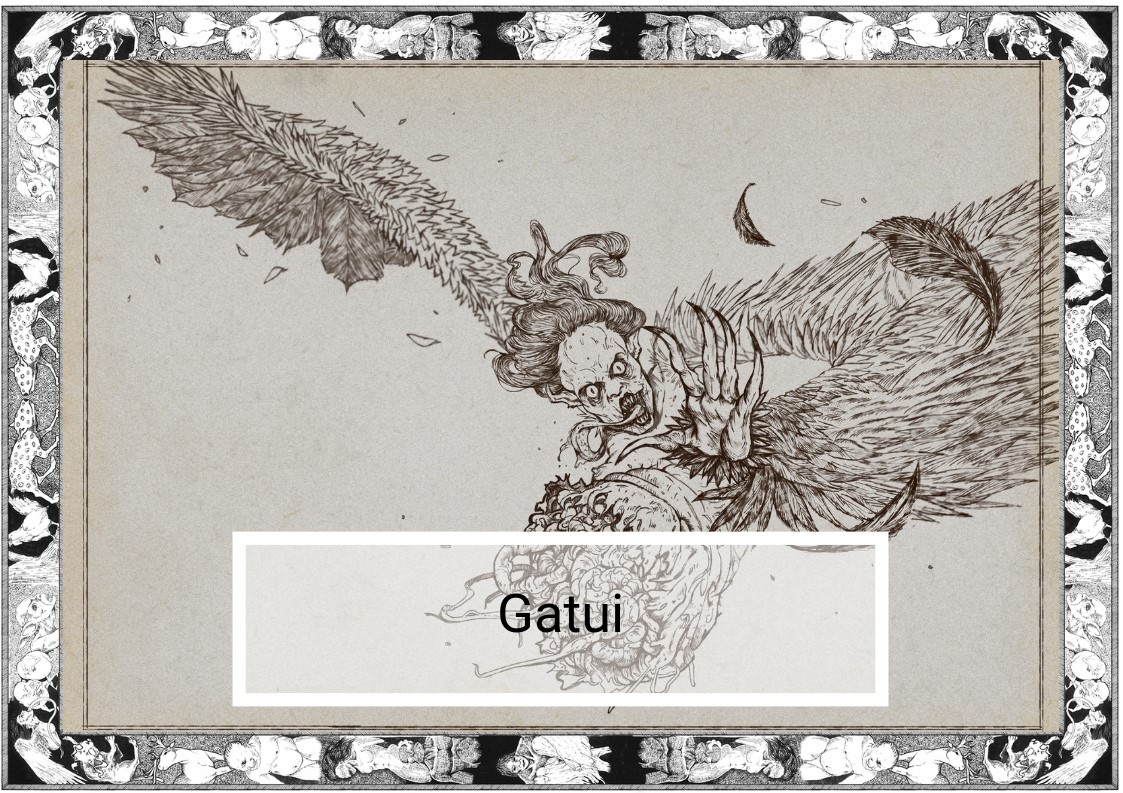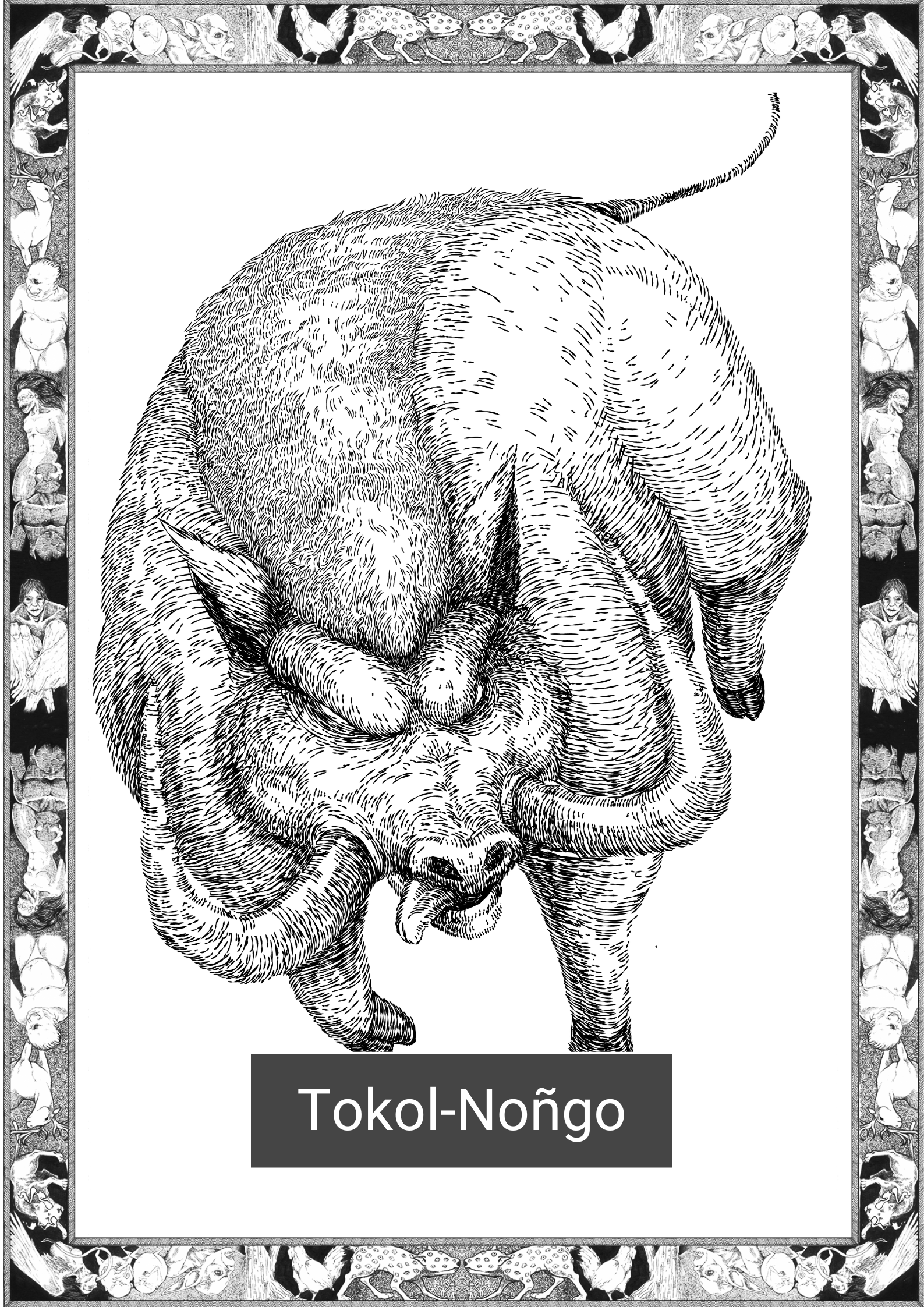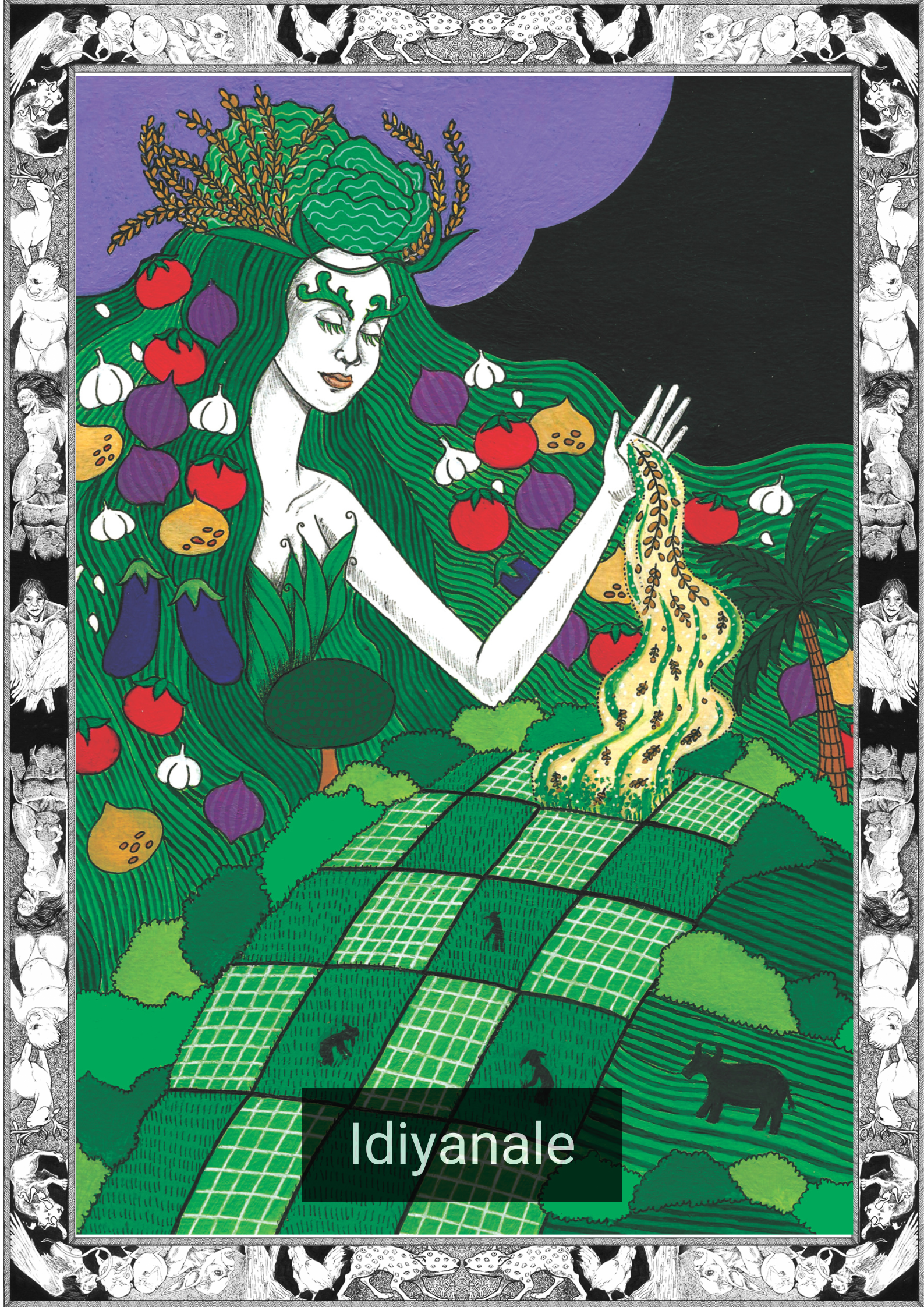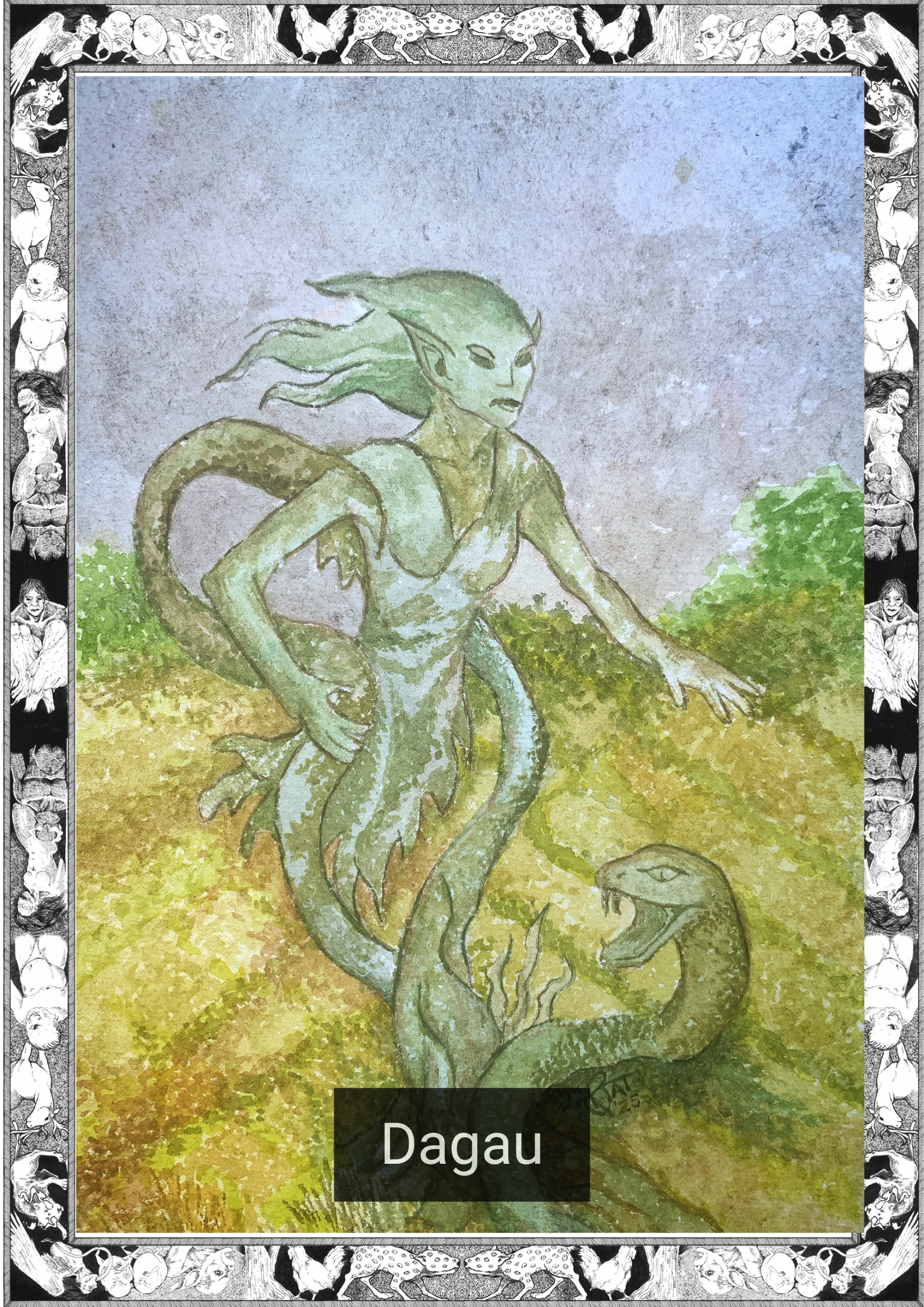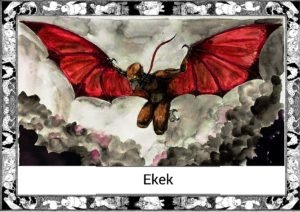 *Note this story is in Cebuano
*Note this story is in Cebuano
EK-EK-EK
Nalumos ang tigulang sa kakulba nga dili masabtan pagkadungog niya sa tingog gawas sa iyang kwarto. Sa mahinay nga tingog, miingon siya: “O Ginoo ko, dili lang unta siya”. Gisulayan niya’g siyagit para muhawa ang dautang presensya. Unta mihawa na to apan nahibalo siya nga dili ‘to makaabot sa kwarto sa iyang anak nga natulog.
EK-Ek-Ek
Buot unta niyang mukuha ug kutsilyo gikan sa kusina apan nagdagan ang oras. Busa, nagdali-dali na lang siya ug pangukay ug butang sa iyang kwarto. Nakit-an niya ang dako niyang gunting nga gigamit niya kaniadto. “Sakto ra ni”. Nahurot na ang oras para sa paghuna-huna, labi na ‘ron niining sitwasyong delikado. Gikuha niya ang gunting ug mibulhot ang tigulang ngadto sa kwarto sa iyang anak, nag-ampo nga husto ra ang gikuptan niya.
Ek-ek-ek
Pagkaabot niya sa purtahan, misinggit usab siya ug labi pang isog ug dako, naninguha nga mapukaw ang uban tawo sa balay apan nagiunsara ang iyang anak sa kwarto. Nahibalo siya sa angay niyang buhaton. Sa wala’y pagduhaduha, misulod siya sa kwarto.
ek-ek-ek….
Gitutokan niya ang mangtas, kansang dilang taas ug ngil-ad nagtilap-tilap na sa tiyan sa iyang minahal nga anak. Nakahinumdom siya niadtong gabiing labing alaut, diin una niyang nadunggan ang tingog. Diin gikuha kaniya ang iyang kinaunhang anak sa kalaluman sa gabii nga nalumos sa tingog sa ulan ug hangin. Nanumpa siya nga dili kini mahitabo na usab.
…
Sa pagbuot nga dili mantandog maskin naay kahadlok, gikuptan niya’g maayo ang gunting ug misulong siya.
=—————————–=
English Version
Ek-Ek-Ek
The old woman hears the sound from her bedroom and her heart drops. “Please God not her.”, she whispers. She screams, and silently hopes that this can be enough to scare the creature away but she knows that her voice isn’t strong enough to reach her daughter’s bedroom.
Ek-Ek-EK
There’s not enough time to go to the kitchen to get a knife, it might be too late. She looks around her room and sees a pair of scissors. “Good enough.” she thinks. But there’s no time to think, not when this much is at stake. She runs out of her room with the scissors in her hand, praying that it may be enough.
Ek-EK-EK
She is close enough now. She screams again, louder than before, louder than anything she has ever screamed before. It may be enough to wake up the others in the house, but she knows her daughter is alone in the room. She opens the door with the scissors in her hand.
EK-EK-EK
She stares down the beast. She sees its long, red tongue attached to her daughter’s womb and she remembers that dark stormy night when she first heard the sounds. When she lost her first baby. She vows that it will never hurt her family ever again.
EK-EK-EK-EK
The old woman grasps the scissors in her hand and charges at her nightmare.
=————————=
*The Cebuano language, alternatively called Cebuan and also often colloquially albeit informally referred to by most of its speakers simply as Bisaya (“Visayan”, not to be confused with other Visayan languages nor Brunei Bisaya language), is an Austronesian regional language spoken in the Philippines by about 21 million people, mostly in Central Visayas, western parts of Eastern Visayas and most parts of Mindanao, most of whom belong to various Visayan ethnolingusitic groups, mainly the Cebuanos. It is the by far the most widely spoken of the Visayan languages, which are in turn part of wider the Philippine languages. The reference to the language as Bisaya is not encouraged anymore by linguists due to the many languages within the Visayan language group that may be confused with the term.
Written by Karl Gaverza
Cebuano Translation by Carl Ritchie S. Temple
Copyright © Karl Gaverza
Translation Copyright © Carl Ritchie S. Temple
Story inspired by the Ekek legends
Ekek Illustration by Leandro Geniston from Aklat ng mga Anito
FB: That Guy With A Pen
Watercolor by Catherine Chiu
FB: Wildling Child
IG: https://www.instagram.com/

